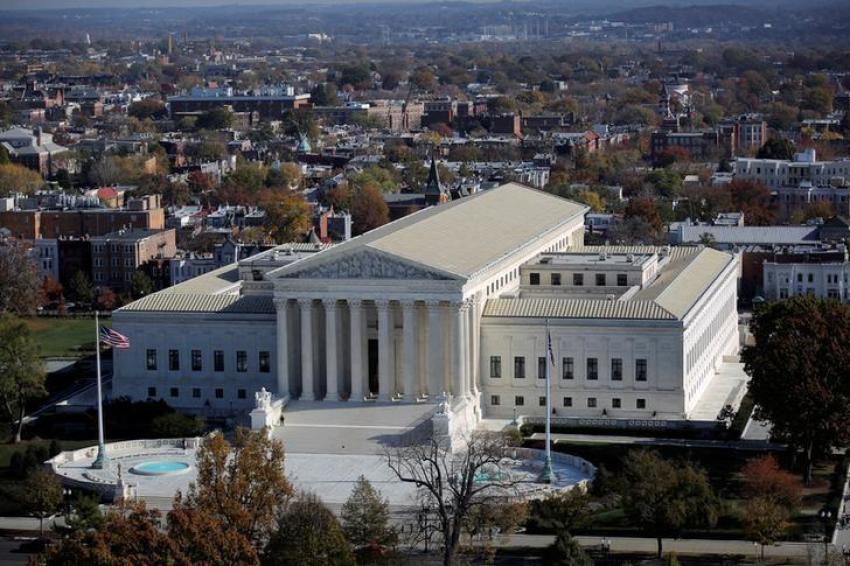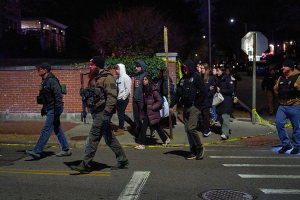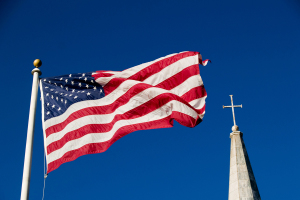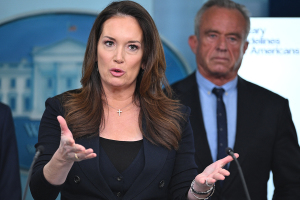4 possible outcomes of the 2020 presidential election

Litigation could delay the results of the election
As Axios reported Friday, “a multi-state wave of litigation brought by both Republicans and Democrats could unfold over the course of several days next week.”
The Republican Party has hired 50,000 volunteers and staff attorneys, with party officials citing “Pennsylvania, Minnesota and Nevada as likely battlegrounds for post-election lawsuits if the results are close.”
Previous litigation by the Republican Party will result in election officials segregating ballots that arrive after Election Day “in case the courts decide they should not be counted.”
Laws in Pennsylvania and Minnesota permitting mail ballots to be counted if they arrive several days after the election are currently the subject of legal challenges by Republicans. While the Supreme Court denied Republicans’ request to strike down the Pennsylvania law before the election, the matter could very well come before the court after the election. The Minnesota case has yet to make its way to the Supreme Court.
According to Axios, “Republican Party officials who briefed reporters on litigation plans Friday said they’re watching late-arriving ballots that will be segregated in Pennsylvania and Minnesota, and have sued for ballot-counting records from Clark County, Nevada, to test whether signature-matching standards there are lower than the rest of the state.”
One GOP official told reporters that “there’s a good chance you won’t see any litigation” if the outcome of the election is not dependent on the ballots set aside. “But if it’s really close, to be frank, those ballots are going to be a point of contention.”
Quoted in The Financial Times, Biden campaign spokesman Matthew Gwin said that “we’ve assembled the largest voter protection program in history to make sure that this election runs smoothly and to prevent Donald Trump from interfering in the democratic process or stirring fear and confusion for his own political ends.”
Any involvement by the Supreme Court in resolving disputes regarding the 2020 presidential election will surely bring back memories of the 2000 case Bush v. Gore, when the Supreme Court halted a recount of the presidential vote in Florida because of concerns that it could not be completed constitutionally by the “Safe Harbor” deadline, which was Dec. 12 that year.
The “Safe Harbor” deadline, which falls on Dec. 8 this year, requires states to resolve disputes over the election results and certify their voting results so they can send electors to the Electoral College. According to a report from the Cox Media Group, should disputes about the election results not be resolved by Dec. 8, the results “could be deemed inconclusive and that could result in electors not being counted.”



























